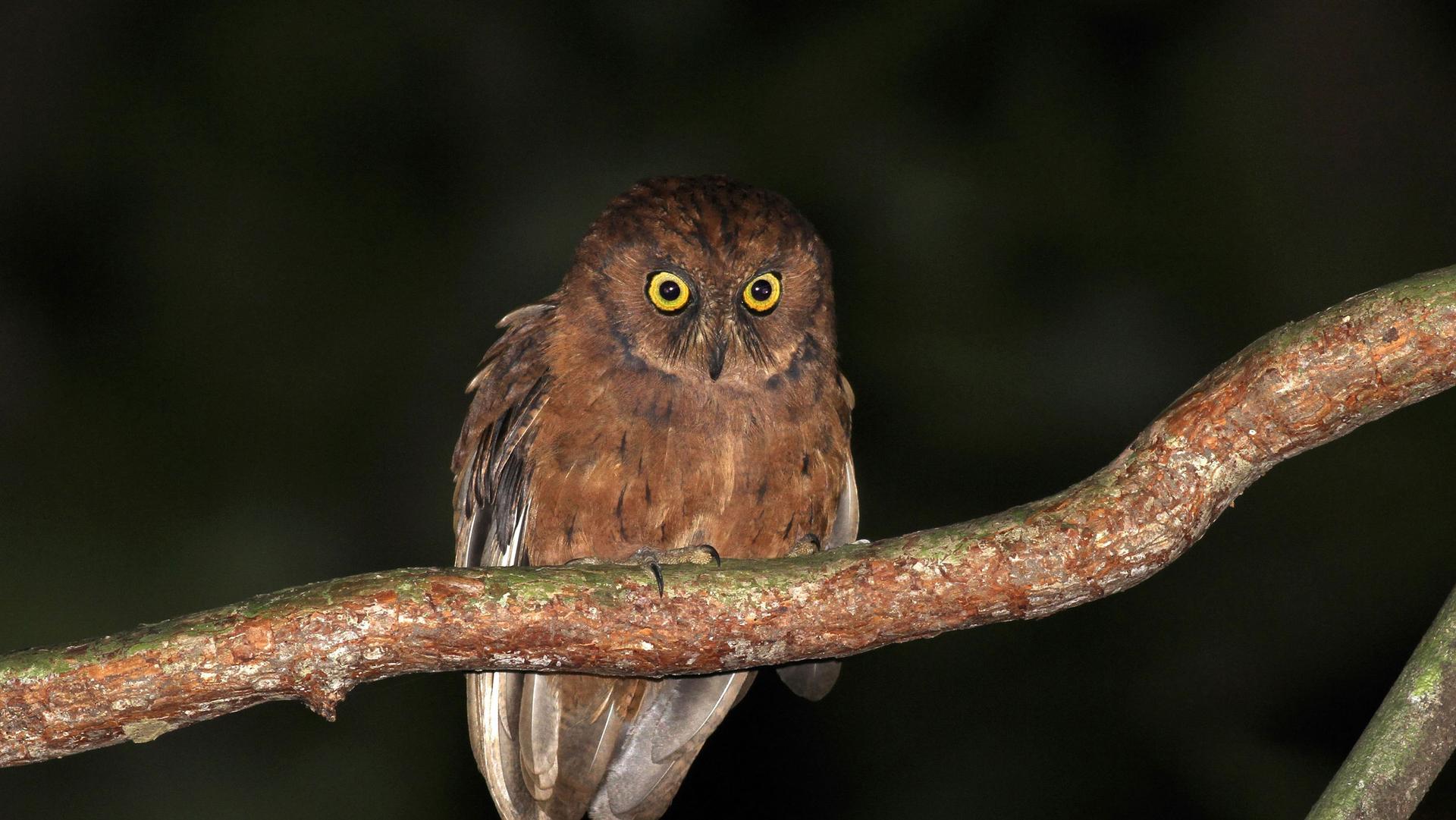Biologists describe a new owl species on Príncipe Island — and hope they can save it before it disappears
After eluding scientists for decades, a new owl has been described: Officially a distinct species, the Príncipe scops-owl is known for its unique call and genetic make-up.
It was found on Príncipe Island, a small island off the western coast of central Africa.
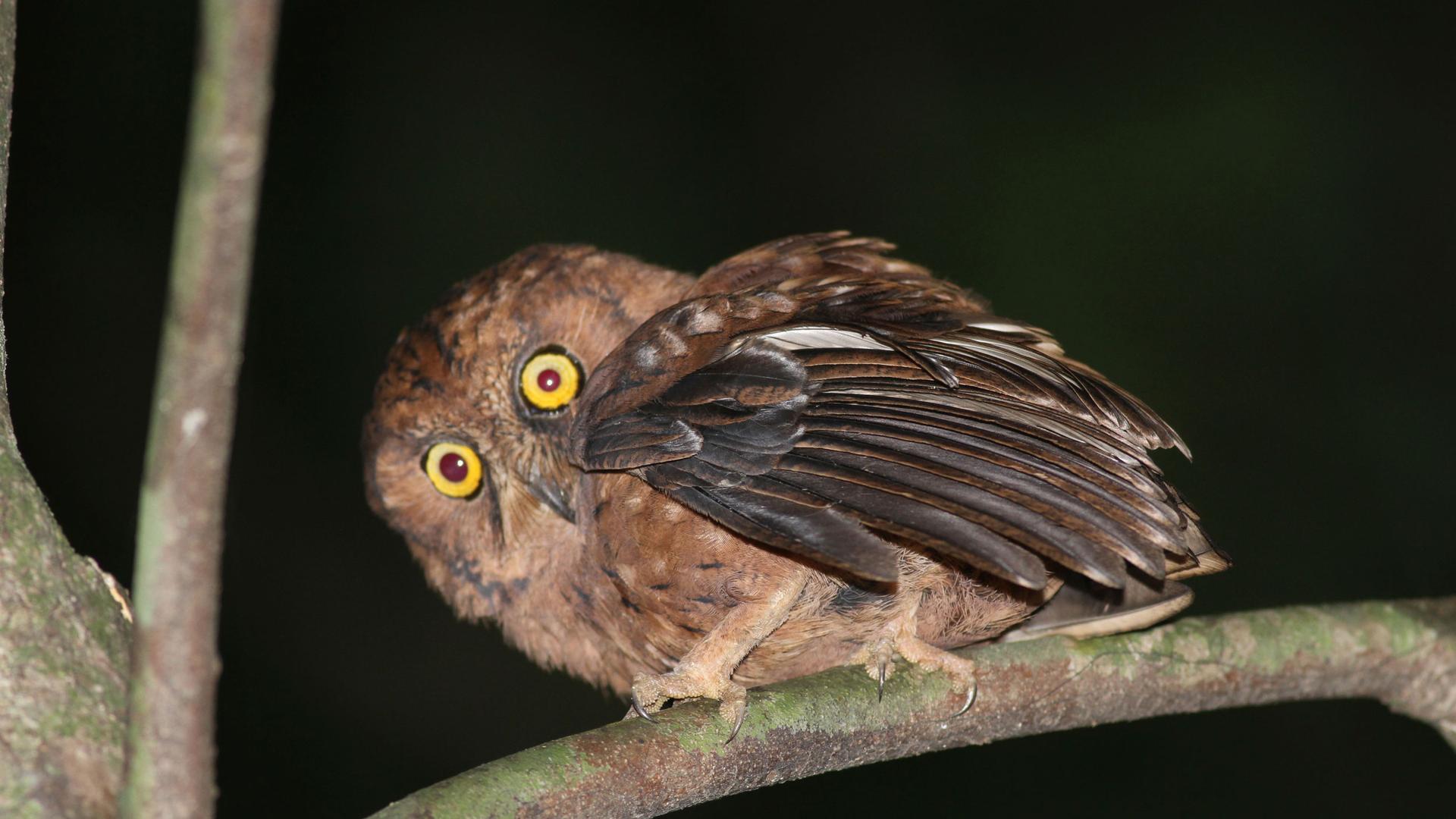
PhD candidate Bárbara Freitas was part of the international team of scientists who finally have a description of the new owl in the journal ZooKeys.
“It was a special feeling being in the field and recording a new species,” Freitas said. “It has a super unique call.”
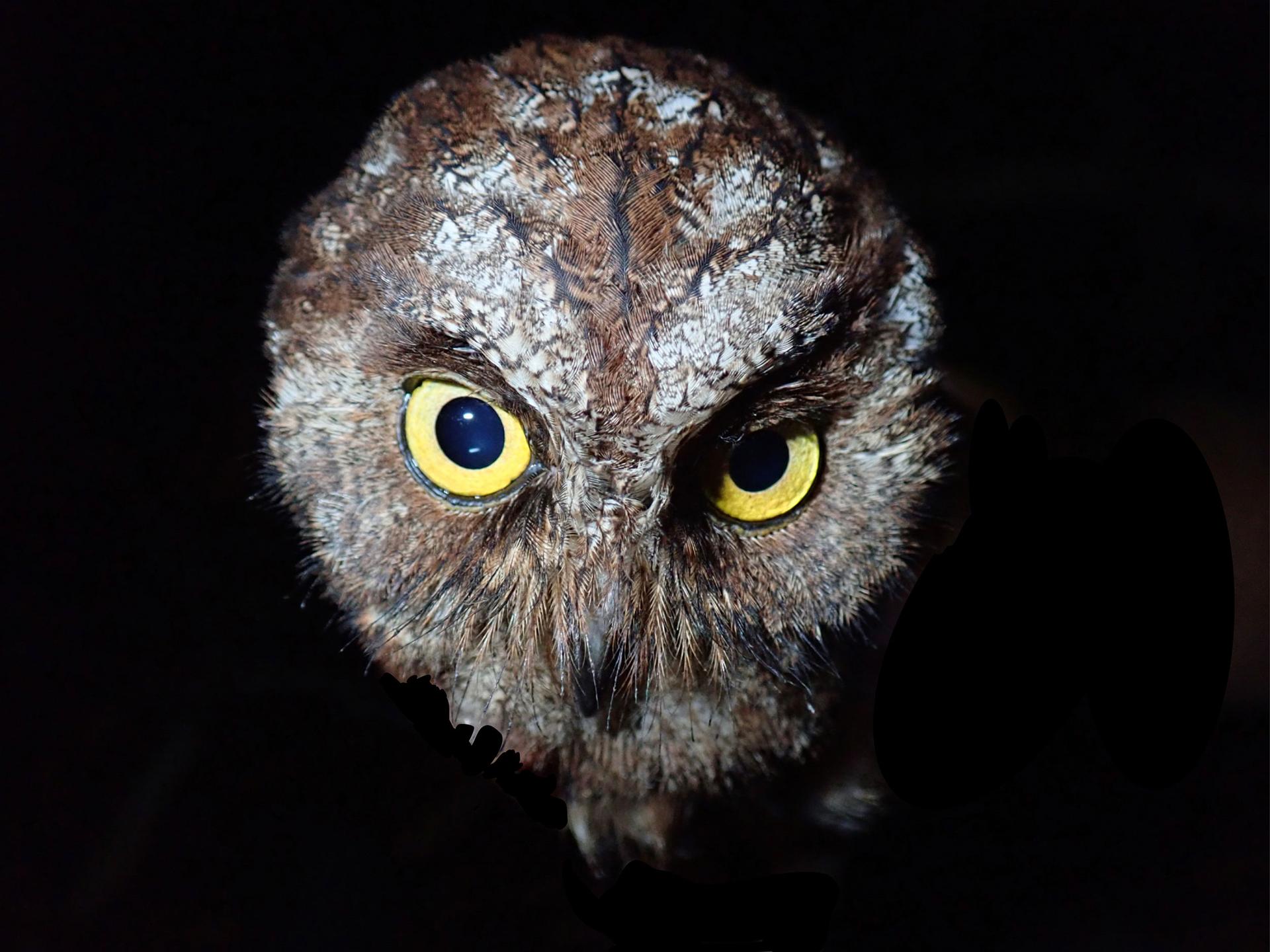
Freitas, who is with the Museum of Natural Sciences, collaborated with Martim Melo, a researcher at the University of Porto, who had been looking for the owl for decades.
They gave the owl the Latin name Otus bikegila, named after a park ranger working in Príncipe Island’s nature reserves. Freitas said the discovery would not have been made without his help, so it was only fitting to name the owl after him.
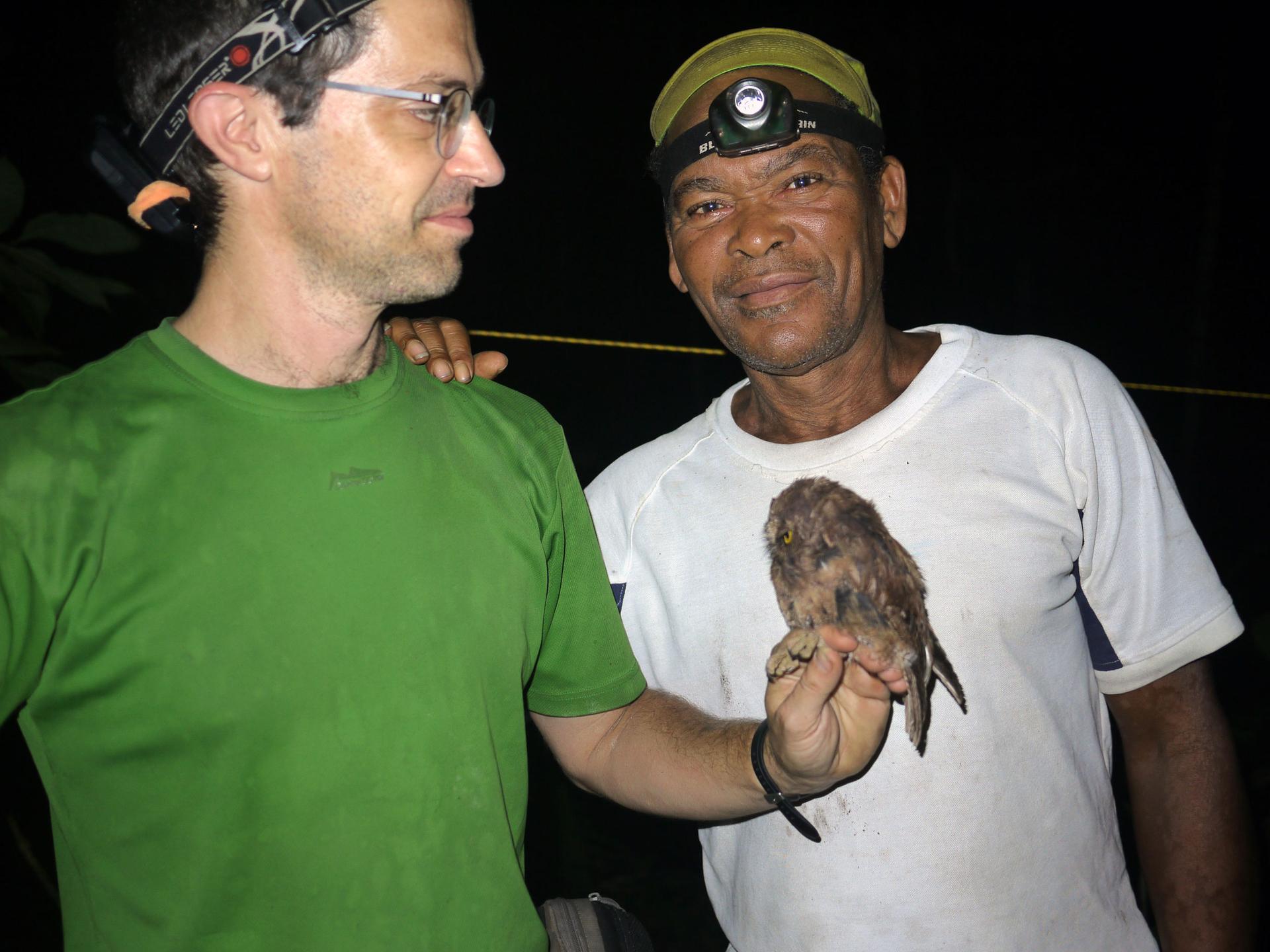
“It’s an acknowledgement to all of the field assistants all over the world who go with the researchers and help them find the species that they want and to walk in the places they don’t know,” Freitas said.
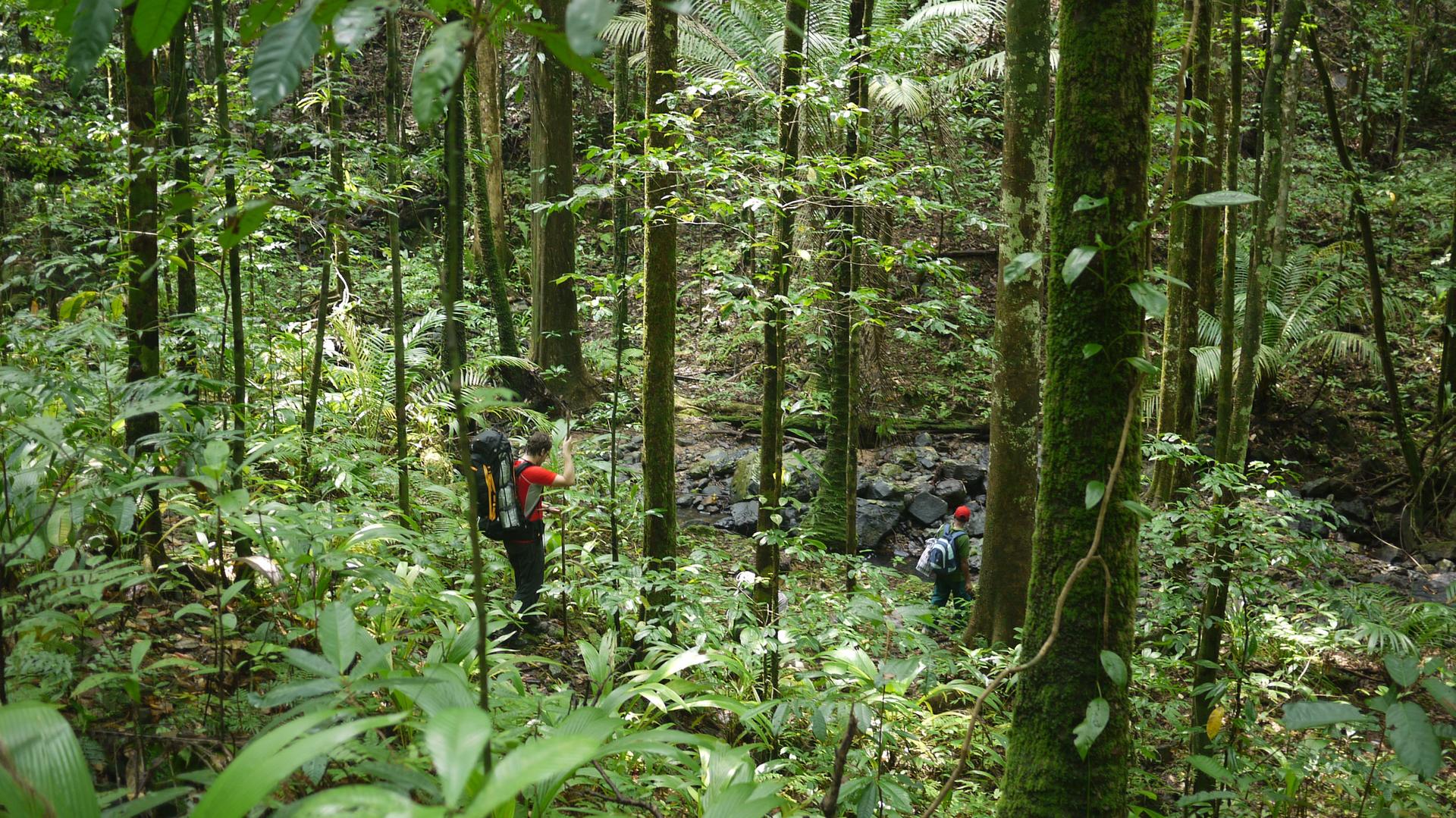
Because the owl habitat is so small, and isolated to an oceanic island, its numbers are small. Freitas said they have proposed that the species should be classified as “critically endangered.”
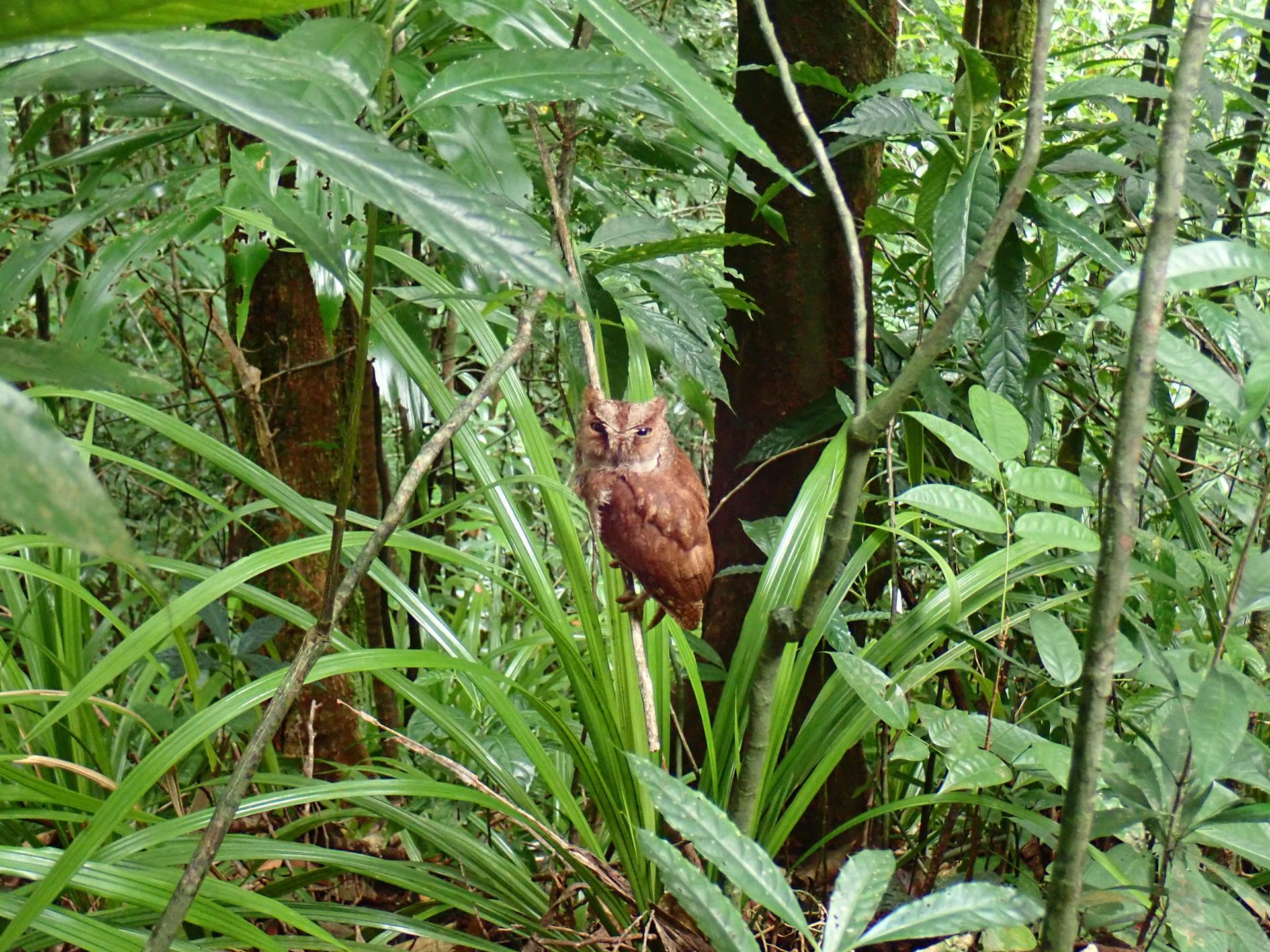
“Unfortunately this is common,” she said. It reflects the predicament of many biologists looking for unique species around the world, “we discover a species that is already under threat. Maybe we saw the last individuals of that species.”
